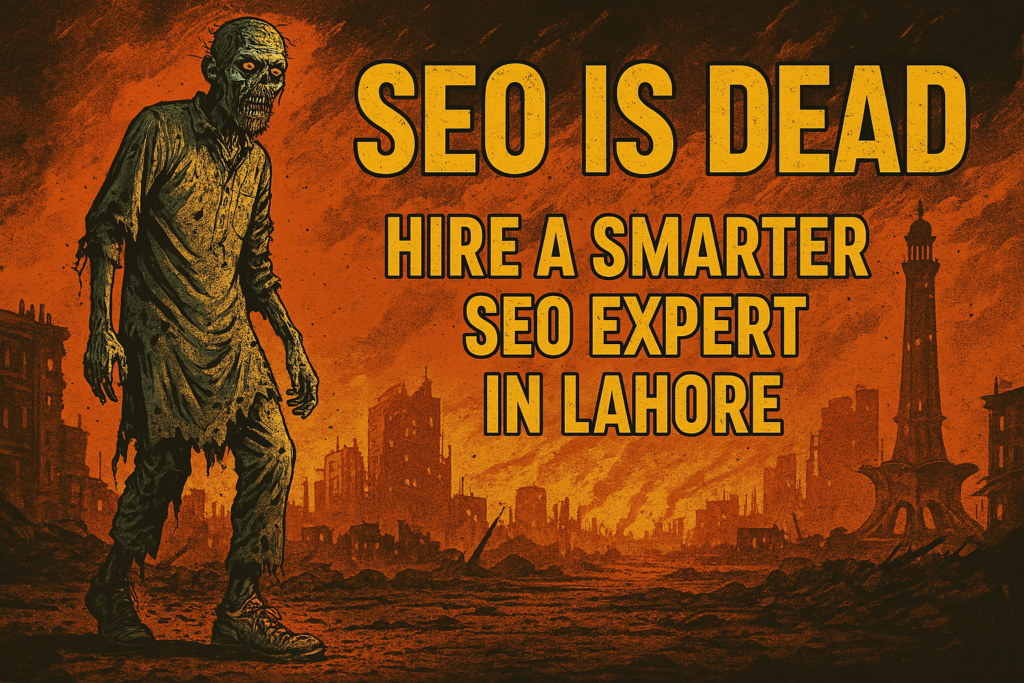AI Search Decoded: How It Works and Why It’s Transforming SEO
AI-powered search refers to next-generation search engines that use artificial intelligence, NLP, and machine learning to understand user intent, deliver contextual results, and generate direct, conversational answers.
 AI Search vs Traditional Search at a Glance
AI Search vs Traditional Search at a Glance
| Aspect | Traditional Engines | AI-Powered Engines |
|---|---|---|
| Keyword Matching |  Yes Yes |
 Context-first Context-first |
| Voice & Natural Language |  Rare Rare |
 Built-in Built-in |
| Personalization | Basic | Advanced |
| Result Type | 10 links | Summaries, snippets, answers |
| User Experience | Static | Conversational + interactive |
 Let’s Start with AI SEO
Let’s Start with AI SEO
AI SEO refers to strategies that optimize content for artificial intelligence–driven search systems like ChatGPT, Gemini, Perplexity, and Google SGE. Unlike traditional SEO, this method focuses on answering questions in a way machines can understand, process, and deliver with clarity.
By aligning content with user intent, improving semantic relevance, and structuring information clearly, you’re future-proofing your visibility.
 What Is AI Search?
What Is AI Search?
Rather than simply matching keywords, artificial intelligence–based search engines aim to understand what a user really wants. They use deep learning and natural language models to interpret complex queries, generate summaries, and even personalize results in real time.
Think of it as moving from “search and click” to “ask and answer.”
 How Does AI-Powered Search Work?
How Does AI-Powered Search Work?
Here’s a simplified breakdown of the steps most AI-driven platforms follow:
 Traditional Search vs AI-Powered Search
Traditional Search vs AI-Powered Search
Let’s break down the key differences:
-
Context over Keywords: AI focuses on understanding, not just matching.
-
Answers Instead of Links: Instead of directing you to a page, AI may be the page.
-
User Adaptation: Results adapt based on your habits and location.
-
Dynamic SERPs: Search result pages now show conversational panels and summaries.
 Why This Matters to Content Creators & Businesses
Why This Matters to Content Creators & Businesses
Search engines are no longer just tools—they’re assistants. That shift changes everything for SEO:
-
You’re not just ranking pages—you’re training models on your content.
-
AI may never link to you unless your answer is clear, concise, and useful.
-
Featured snippets, People Also Ask results, and direct answers are becoming the new SEO battleground.
 How to Optimize for Smart Search Engines
How to Optimize for Smart Search Engines
Looking to get your content into AI results? Here are proven strategies:
 Add Schema Markup
Add Schema Markup
Use structured data to make your content easier to process and display.
 Write Conversationally
Write Conversationally
Frame your headings as questions. Then, answer them as if you’re explaining to a friend.
 Focus on Voice-Readiness
Focus on Voice-Readiness
Since voice search is a major AI interface, use short, natural-sounding sentences.
 Use AI SEO Tools
Use AI SEO Tools
Platforms like Frase, SurferSEO, and Clearscope help match AI expectations.
 Smart Tips for Businesses in 2025
Smart Tips for Businesses in 2025
Whether you run a blog, store, or SaaS platform, here are best practices for standing out:
-
Prioritize intent-driven content
-
Format for featured snippets and answer boxes
-
Ensure your site is mobile-first and lightning-fast
-
Keep content updated and relevant
-
Optimize for human understanding, not just AI parsing
 Potential Challenges of AI-Driven Search
Potential Challenges of AI-Driven Search
While promising, AI still has limitations:
-
Some answers may be inaccurate or hallucinated
-
Ranking factors remain largely undisclosed
-
Analytics from AI snippets can be hard to track
-
Over-optimizing for AI can dilute your brand voice
It’s crucial to maintain a balance between machine-readability and human value.
 Looking Ahead: The Future of Intelligent Search
Looking Ahead: The Future of Intelligent Search
In the coming months and years, expect to see:
-
More visual & voice-led results replacing standard SERPs
-
Hyper-personalized answers based on real-time signals
-
AI models that fact-check themselves
-
Greater transparency in how AI selects and cites content
Smart creators will evolve alongside these trends—not get left behind.
 FAQs
FAQs
Q: What exactly is AI Search?
It’s a type of search technology that uses artificial intelligence to provide answers based on understanding user intent and context.
Q: How is it different from traditional search?
AI search engines interpret language, generate their own responses, and tailor results uniquely to each user.
Q: Why is this important for SEO today?
Because AI now powers tools like Google SGE and OpenAI’s search model. Ranking well requires content that these systems can understand and trust.
Q: How do I optimize for it?
Structure your content clearly, use Schema markup, and focus on conversational tone and relevance.
 Final Thoughts
Final Thoughts
We’re entering a new era of online search—one driven by intelligence, not algorithms. To stay ahead of the curve, it’s essential to rethink how content is written, structured, and delivered.
Ready to level up?



